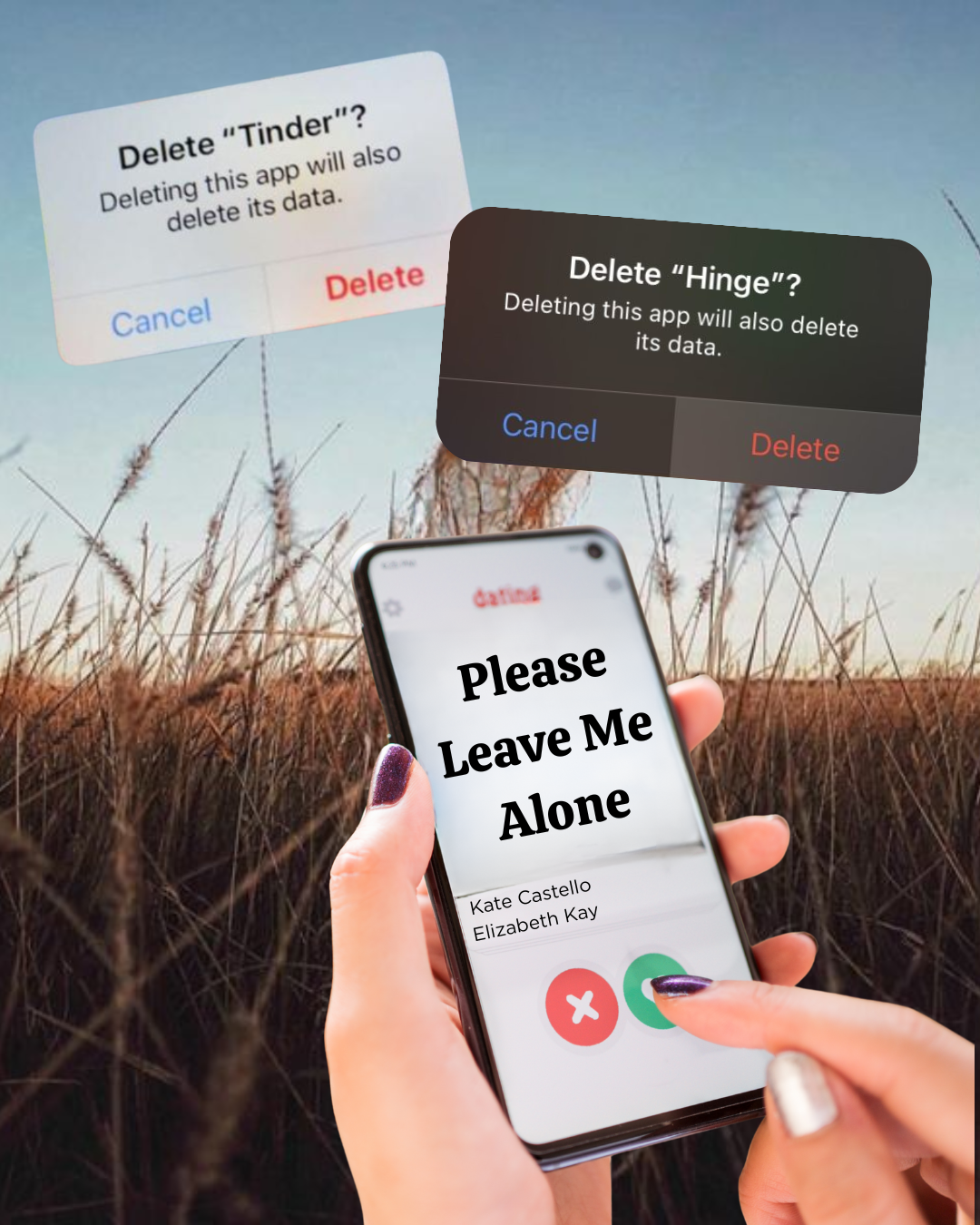Some of the kindest things people have said to me have actually hurt me the most. A girl that I don’t know super well approached me as we were leaving our dorm for a night out. She came up to me beaming and smiley, grinning from ear to ear, and said, “Oh my god, Liv! You look amazing! You’re so pretty in a female-gaze way! Like only girls get your kind of pretty,” My initial response was one of pride and joy. It feels good to be called pretty. It feels good to evade the male gaze. But beneath the sweet compliment, I couldn’t help but feel othered. To me, it felt like she was repeating a familiar refrain of “You’ll grow into your looks one day”. While this was something that adults constantly said to me as a kid in an attempt to comfort me, it nevertheless reminded me that my looks didn’t fit me right now. The first part of my body that grew were my legs. I was so uncoordinated as a kid, fit only for the water. While I love my hair now, I loathed it as a kid. When you see my mother, you are instantly transfixed by her long, thick, healthy, dark Italian hair. I hated my hair. I hated how it got knotted. I hated how it frizzed up. I hated when my bangs didn’t lay flat. I hated how dark it was, I wanted to be blonde. Everyone told me one day I would love my hair, and they’re right, but no one thought to remind me that I was pretty now. Pretty wasn’t unattainable; it was right there.
These phrases echo throughout my head. I’ve never been directly called pretty. I went to an all-girls school, it wasn’t important to me. I wore my hair up every single day, wore my shapeless polo and knee-length skirt. I never was in search of beauty, I didn’t need to. I have beauty in every other aspect of my life. My friends, the sunsets I saw every night, my mother who doesn’t own any makeup. I dated in high school, I knew my partners found me pretty, and that was enough for me. Suddenly, I got to college, newly single, and was surrounded by people in search of beauty. I thought I should join the crusade for beauty.
I started wearing my hair down. I wore makeup and dark eyeliner to make my eyes pop. I tamed my hair by adding layers to maintain the frizz. I consciously thought about being pretty. I emerged from my all-girls school cocoon and metamorphosed into a butterfly. After never considering my looks, they were suddenly something I was hyperaware of. While my distant friend was kind and loving while she told me I was “pretty in a female gaze way,” I still felt different. Matters were made worse when one of my friends joined the conversation and told me how I was pretty in a unique way, different from the rest of my girlfriends. They pointed out how while the rest of my friends had long hair, my blunt bob is still beautiful. While they had cleavage to spare, my flat chest is still beautiful. How unique my style was. I was in shock. Suddenly, I realized how different I looked from the rest of my friends. I was self-conscious of my bangs. I thought my tattoos were too visible and masculine. My tattoos weren’t cute, dainty flowers, but my dad’s messy handwriting.
I know my friend meant to compliment me and explain that I stand out. That “my kind of pretty” was just as good as everyone else’s. But I didn’t realize “my kind of pretty” was all that different. I think that no matter what people say about your looks, you always want what you can’t have. I’ve had my friends lament that they feel too basic, and here I am, complaining I’m too original. Everyone is pretty in their own way, and that’s okay. You don’t need to fit into someone’s beliefs about you, look how you want. Dress how you want. People don’t mean to hurt you, they just don’t know what you need to hear. Don’t wait for other people to see you for who you are, show them.













